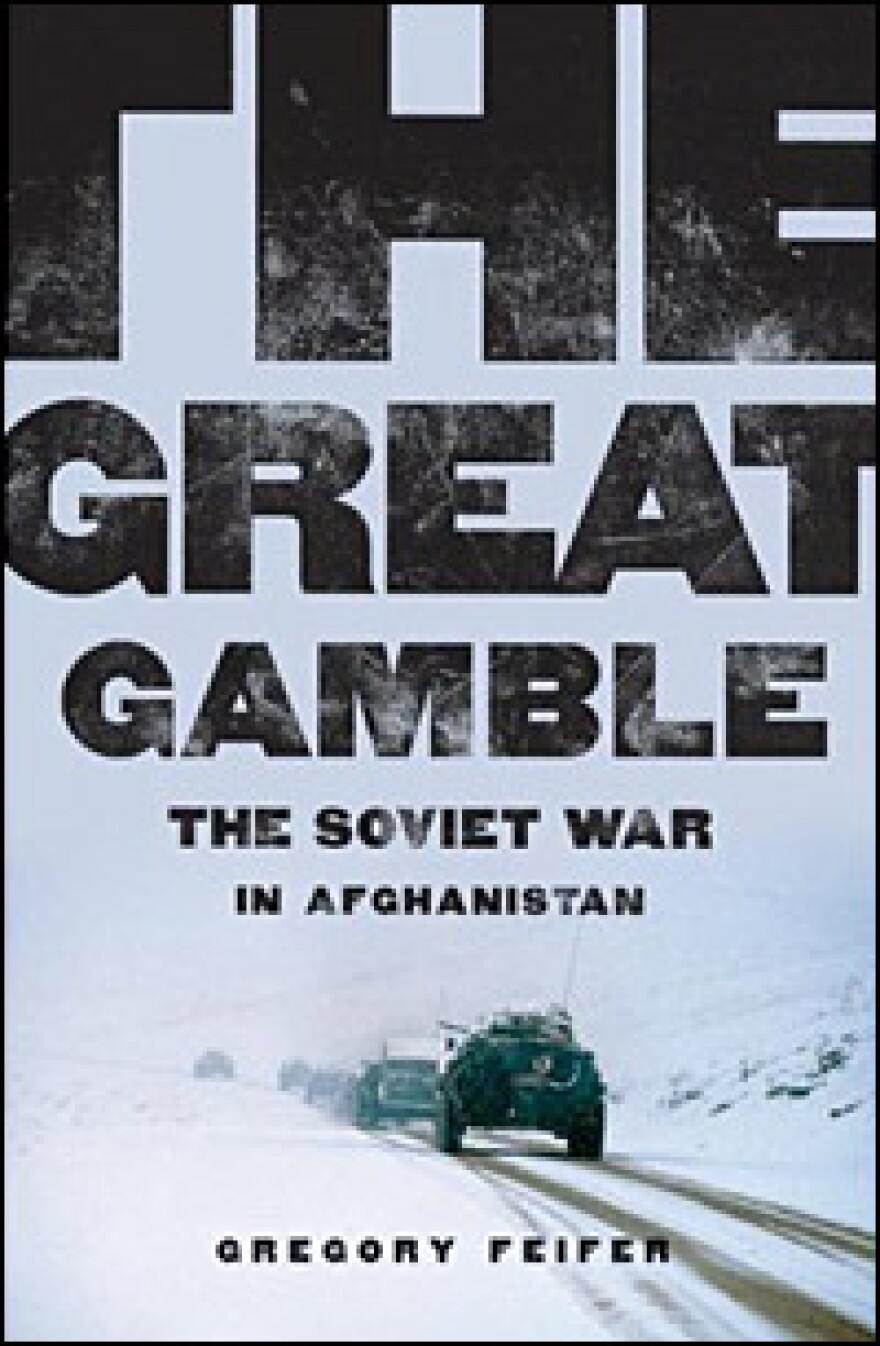
According to at least one Soviet general staff officer, no one ever actually ordered the invasion of Afghanistan. Instead, between December 10 and 30, various units were given some thirty various directives to prepare for action. Defense Minister Dmitri Ustinov's lack of combat experience helps explain the absence of centralized implementation. A career spent building the military-industrial complex gave him scant knowledge of how to command the invasion of a sovereign state. Since it was beneath the marshal to ask subordinates for advice, staff activity remained largely uncoordinated.
On December 13, 1979, one of Afghan President Hafizullah Amin's Soviet cooks slipped KGB-provided poison into a lunch prepared for the new president and his nephew. The chemicals were estimated to start working after six hours. The Soviets hunkered down to wait for signs of panic at the presidential palace, after which a signal would be given to take over Kabul's key military and communications installations. When nothing happened after the allotted time had passed, the KGB station called Moscow to request further orders. It was decided to cable Amin from Moscow, providing a way to ascertain the president's health by delivering the message to the palace. After a personal communique was sent around eleven p.m., a military intelligence officer and an interpreter set out to deliver it to Amin. The Soviets had extra trouble passing the palace guard because of a nighttime curfew. But when they were finally admitted, Amin and his nephew Asadullah were there. Amin looked pale but showed no other signs of sickness. He listened while the interpreter read the telegram, thanked his visitors, and asked them to send his compliments to Brezhnev, KGB chairman Yuri Andropov, and the rest of the Soviet leadership.
Amin's poison had been dissolved in a glass of his favorite drink, Coca-Cola. Its bubbles rendered the concoction almost harmless. Amin's nephew Asadullah was less lucky. He became seriously ill by the following day, but survived after his evacuation to Moscow for treatment. When the vexing news was relayed to Moscow, an order was given to proceed with the ground-force operation anyway. Another paratroop battalion flew to Bagram to take part in storming the palace. The units obeyed a command to prepare until a second order came to stand down. There would be no coup d'etat attempt that day.
The top Soviet officials in Kabul later cabled Moscow that a successful operation would require more troops. That document was the main genesis of outright military invasion. After the failed assassination attempts, the operation grew into a full-scale assault as if on its own — thanks first to postponement, then inertia. Incredible as it may seem, no further Politburo meetings took place after December 12. Either the final decision was given orally or the directive was destroyed (together with many other single-copy documents) on Andropov's later orders. In any case, December 27 was picked as the day for "Storm-333": a new operation to kill Amin.
Excerpted from The Great Gamble: The Soviet War in Afghanistan, by Gregory Feifer, published in January 2009 by HarperCollins Publishers. Copyright: Russ Intellectual Properties, 2009, all rights reserved.
Copyright 2023 NPR. To see more, visit https://www.npr.org. 9(MDM3NjYwMjA5MDE1MjA1MzQ1NDk1N2ZmZQ004))


